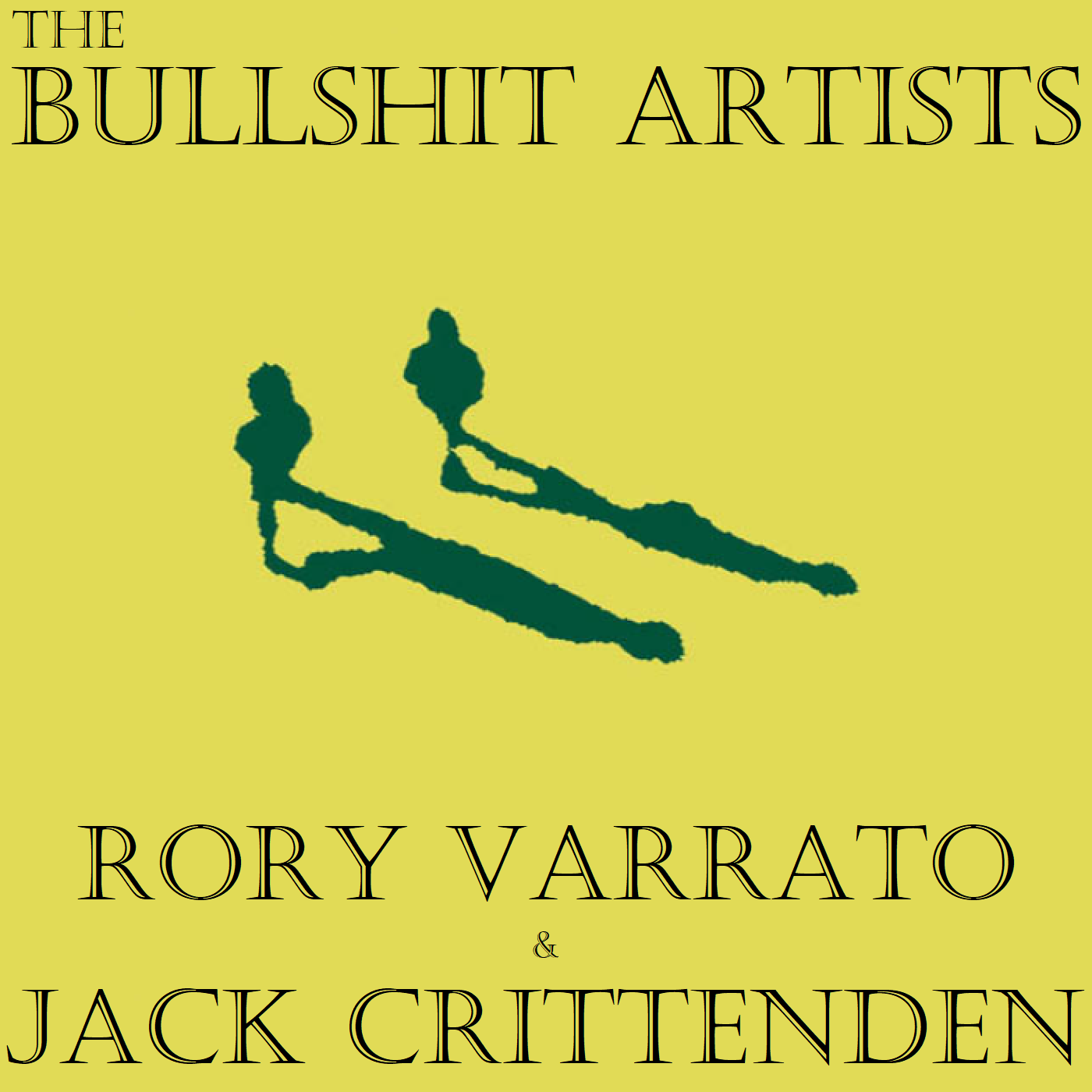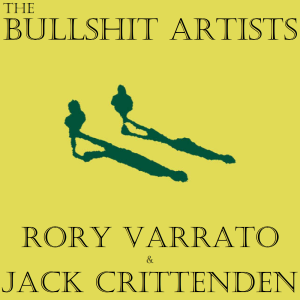
1.3K
Downloads
16
Episodes
Two philosophers—or what comedian Mel Brooks fondly refers to as "bullshit artists"—from different generations join in deep yet casual conversation covering a wide range of topics, including especially politics and the human condition. Jack Crittenden—professor emeritus of political theory at Arizona State University—and Rory Varrato—PhD candidate in the Philosophy and Education program at Teachers College, Columbia University—have known each other for more than ten years, first as teacher-student and later as friends. During that time, they have had countless conversations together (usually over coffee), and some of those chats have even been interesting. The purposes of this biweekly podcast, then, are to provide a new venue for these conversations (especially now, during the pandemic) and to enable these dialogues to reach an audience of more than two. Both interlocutors hope that—at their best—they can offer to each other and to their listeners something like the lighthearted verbal jousting of 'Comedians in Cars Getting Coffee' crossed with the stimulating pleasures of a 'My Dinner with Andre'-caliber conversation: organic, cerebral, funny, unguarded, and chock-full of bullshit.
Episodes

Friday Dec 31, 2021
Friday Dec 31, 2021
In this episode—their final encounter of 2021—Jack and Rory begin the conversation with a brief discussion of the current state of the COVID pandemic. Then, Jack poses a question to Rory about his social media use, particularly regarding the kinds of posts Rory makes on Instagram and the purpose or intentionality behind them (if any). In response, Rory explains some of his personal and general views on social media, which has been a topic of some interest to him dating back at least to his 2013 TEDx talk titled “Friendship in the Age of Facebook.”
The conversation continues in this vein, with Rory further elaborating on his philosophy of social media and, more fundamentally, his position that human life is best conceived of as a work of art: the art of living (and, relatedly, the art of living well or beautifully). Weaving back and forth between contemporary aspects of social media use (e.g., selective self-presentation, performativity, etc.) and philosophical and psychological theories of selfhood and identity (e.g., Nietzschean aesthetics, Piagetian developmental constructivism, Hayden White’s notion of metahistory, etc.), the two interlocutors discuss and at times debate the validity of conceptualizing the human experience as a work of art—with Jack ultimately conceding to some of Rory’s claims, but nevertheless remaining unconvinced that “art” is the right word to describe the phenomenon of human life.
As the dialogue continues, the focus turns toward an examination of “beauty” more broadly—what it is, whether or not it has (or can have) moral or political value, and what existential impact(s) it may produce (if any).
Finally, the conversation concludes with a directive from Jack: activists, scholars, and other engaged humans in Rory’s generation (and younger) need to stop worrying about people over 40, and especially the boomers. In other words, Jack thinks—and Rory agrees—that the urgent transformative social change that is necessary for the survival of complex organized human life on Earth will only result from a concerted, unified, global youth movement aimed at either overtaking or overthrowing existing political institutions. Those few individuals in older generations (such as Jack himself) who are on the same page are welcome to join, of course, but by and large this moment of planetary crisis constitutes an unprecedented intergenerational conflict that the youth must fight and win, post haste.

No comments yet. Be the first to say something!